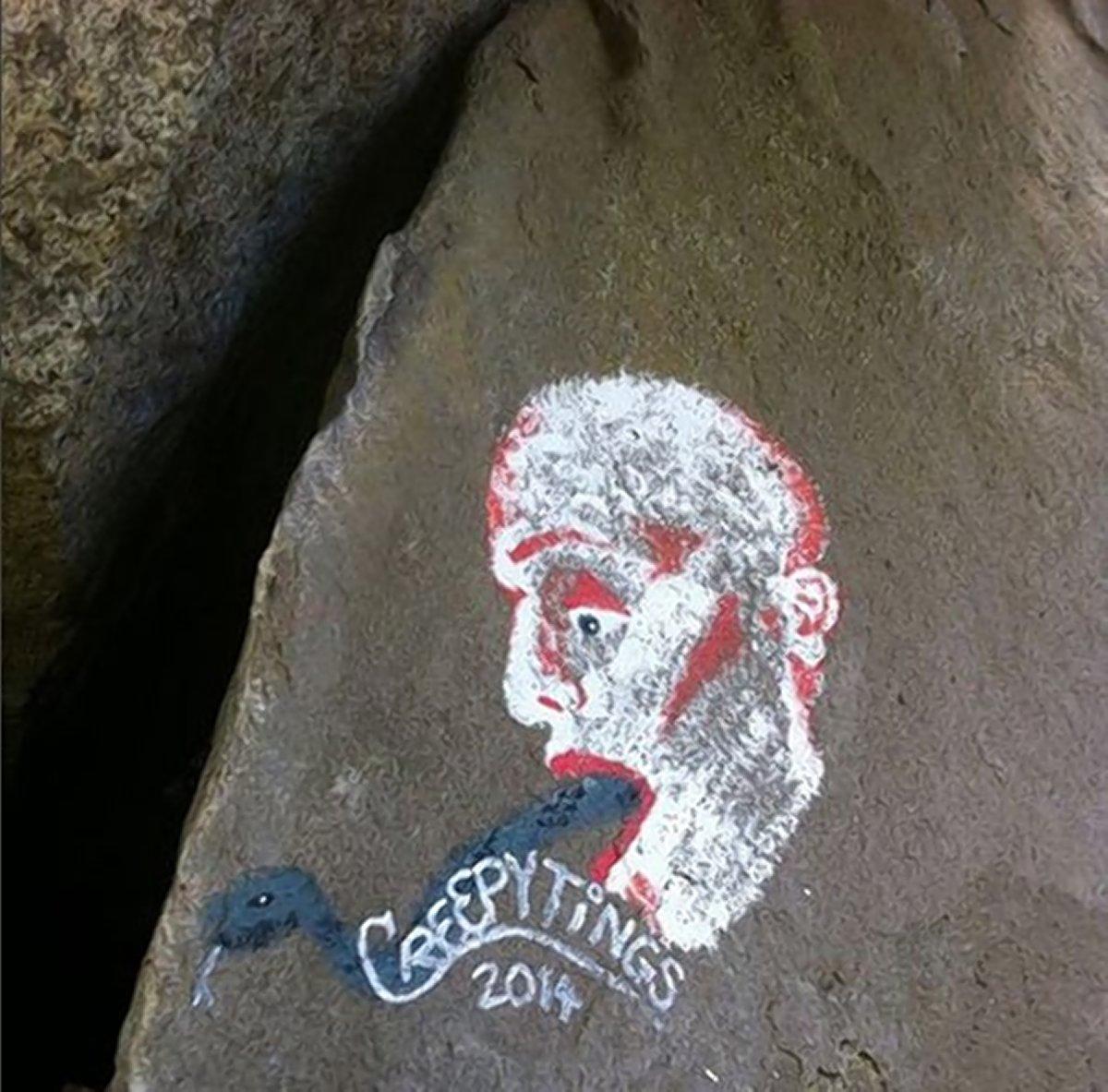Are you a responsible traveller?

A photo of a diver swimming next to a Great White Shark has circulated around the Internet for a couple of years, with the caption: "This is the most dangerous animal in the world. It is responsible for millions of deaths every year. By its side, a great white shark swims peacefully."

Staged or not, the message is clear: We humans have a staggering capacity for destruction than we give ourselves credit for.
In the ongoing Syrian Civil War alone, 470,000 are reported to be dead according to figures from the Syrian Centre for Policy Research.
Closer to home, the haze situation in 2015 caused more than 500,000 cases of respiratory tract infections and 19 deaths. Wildfires crossed the threshold of peatlands and burned deep into national parks, endangering the habitats of orangutans, clouded leopards and hornbills.
While these issues have a complex web of history and consequences that are beyond our control, they speak of a fundamental flaw - the blatant disregard for life and the environment, which every man in the street should be conscious of.
Interestingly, this manifests especially when people assume the anonymity of a tourist.
On Wednesday (Sept 7), Second Nexus reported that the Duckbill, an iconic sandstone pedestal in Cape Kiwanda, Oregon had collapsed after vandals "took revenge" on it for "hurting" their friend's leg.
David Kalas captured the whole incident after he noticed a group of people trying to topple the stone. The video revealed three men tugging at the rock, which collapsed within seconds.
The rock formation is estimated to be at least 18 million years old.
[embed]https://twitter.com/DavidKalas/status/770429099890188292?ref_src=twsrc%5Etfw[/embed]
When Kalas confronted the group, they told him unapologetically that it was a safety hazard because their friend broke a leg earlier. They added that they "did the world or Oregon a favour."
Authorities are presently conducting an investigation.
In June this year, US graffiti artist Casey Nocket was banned from entering all national parks after she was flagged for vandalism.
Nocket had taken to defacing rock formations in Death Valley, Zion, Yosemite, Rocky Mountain, Colorado, Canyonlands and Crater Lake National Parks with acrylic and marker drawings. She signs off with her pseudonym "creepytings" and posts her misdemeanours on social media.

Vandalism aside, the prevalence of litter in national parks and other public places is also a cause of concern.
The beautiful volcano trails in Indonesia are often marked by the abundance of sweet wrappers, discarded plastic water bottles and bags of trash. I've often encountered trekking guides who collect non-biodegradable trash after a day's hike only to toss them into a bonfire so that they don't have to lug anything down the mountain.
See also: Cambodia cracks down on scantily-clad visitors to Angkor
This irresponsible behaviour even extends to trekkers in the Himalayas. In May this year, BBC reported that authorities were increasingly frustrated at tourists who were defacing monuments at Everest Base Camp (EBC).
Photos revealed that tourists had completely covered monuments with scrawls saying "I was here", in various languages.
[embed]https://www.instagram.com/p/OwcXxWI6-m/[/embed]
EBC is also reputed for being one of the dirtiest, unhygienic campsites in the world. Telegraph reported that human excrement in ice pits are piling up into a cesspool and polluting glacial water. Annual clean-up expeditions have retrieved around 15,000kg of rubbish since 2008 while more remains at the camp.
Most of us have probably etched the very same narcissistic mark into a tree or stone, but a Chinese teenager went one notch higher by carving his name onto an ancient Egyptian artwork in Luxor three years ago, CNN reported.

Needless to say, his parents made a public apology to Egypt, but the damage had already been done.
Respect is a value often compromised, but it doesn't have to be so.
News of tourists behaving badly often make the headlines. But what is left unreported are the immense measures taken to remedy the destructive trail left in their wake.
Rules and regulations in tourist spots are placed there for reasons such as preservation, cultural significance or safety, and should never be taken lightly.
The case of 10 Western tourists posing nude and urinating on the peak of Mount Kinabalu in May last year sparked the ire of the Kadazandusun community who revere the mountain as a scared entity. Less than a week later, an earthquake off the coast of Sabah caused sections of the mountain to collapse, claiming 18 lives.

A witch hunt then began after locals accused the group for angering the spirits and causing the disaster. Four of the tourists who were identified were eventually tried in court and deported from the country.
As a traveller in a foreign country, we should be mindful of our hosts' customs and respectful of their land and beliefs. Ignorance is a poor excuse for bad behaviour.
The sanctity of nature shouldn't be a pawn in your ego-steeplechase.
Perhaps if we took an extra second to contemplate about our tiny position in this massive world, we would show a little more grace, kindness and humility.
debwong@sph.com.sg